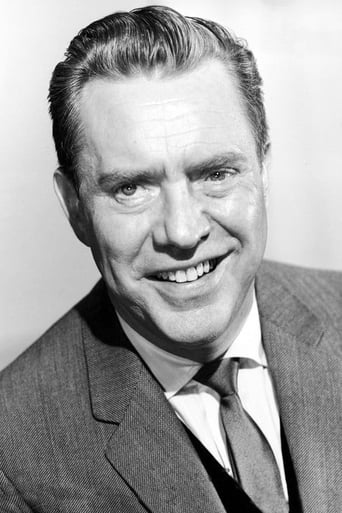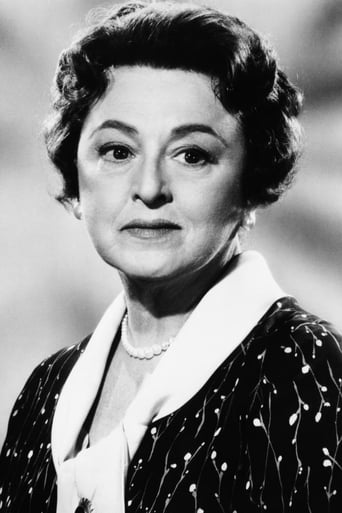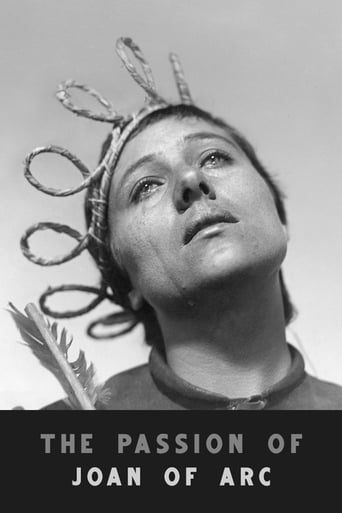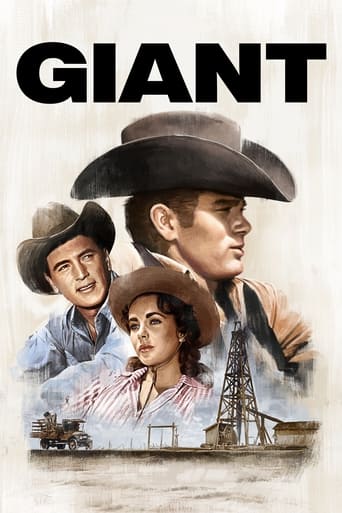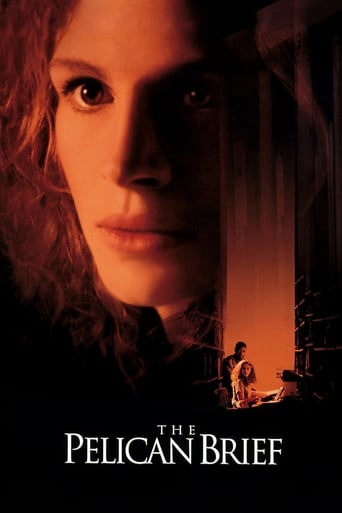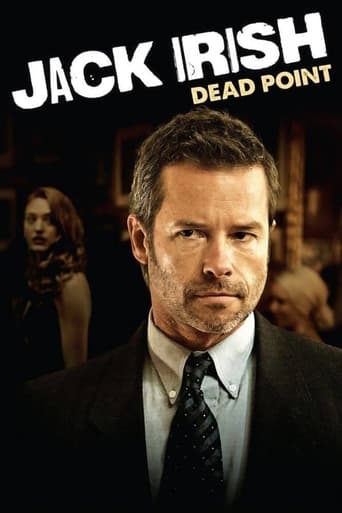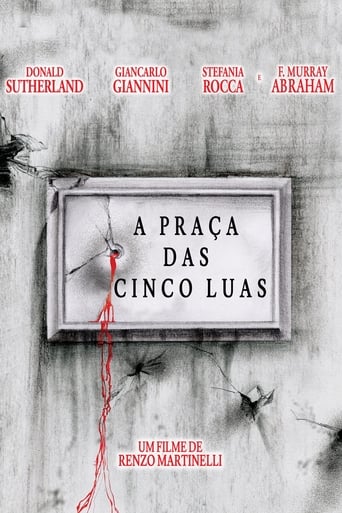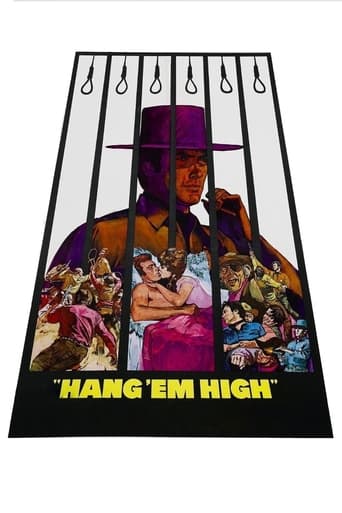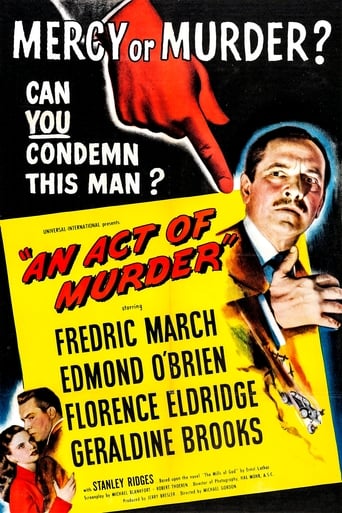
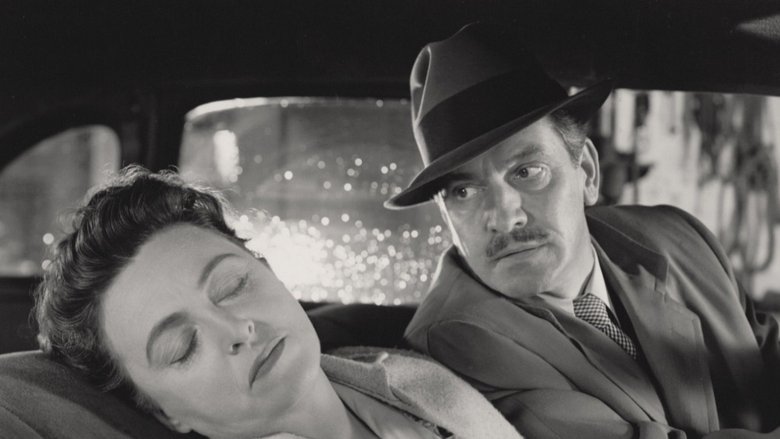
An Act of Murder (1948)
A man kills his terminally ill wife to prevent her further suffering.
Watch Trailer
Cast


Similar titles
Reviews
Slow pace in the most part of the movie.
One of my all time favorites.
This story has more twists and turns than a second-rate soap opera.
There are moments in this movie where the great movie it could've been peek out... They're fleeting, here, but they're worth savoring, and they happen often enough to make it worth your while.
Here Fredric March plays criminal court judge Calvin Cooke who has a reputation as a sort of "hanging judge" so that he has earned the nickname of "old man Maximum". Edmond O'Brien plays a defense attorney arguing a case before the judge. While O'Brien's character looks at the spirit of the law, Judge Cooke looks only at the letter of it and it is obvious from the opening court scene that the two do not like each other. What do they have in common? They both love the judge's only daughter, Ellie.Now this doesn't mean that the judge is a bad guy. He likes his community, adores his wife of twenty years (Florence Eldridge as Catherine Cooke), and loves his daughter.But more trouble is afoot than just a suitor for his daughter's hand that the judge dislikes. His wife Catherine has been having headaches, dizziness, and has been dropping things due to numbness in her hands. She confides in a friend who also happens to be a doctor that she has "a friend" with these symptoms, and the doctor sees through her ruse and says that she should come to his Philadelphia office the next day for a check-up. She does that, but lies to Calvin and says she is going shopping.This is where I do some head scratching. The news is bad - Catherine has a type of inoperable brain tumor that means a certain and painful death. The doctor tells Catherine that everything is fine. Who does he call? After sticking a cancer stick in his mouth to relieve the stress (????) the good doctor calls Calvin, her husband and tells HIM the truth. They both decide to not tell Catherine, the ACTUAL patient, the truth. Later when Catherine finds out, she decides not to talk about it either, even though by the way she found out she must know that her husband knows. Why isn't anybody talking to anybody about this woman's illness? Everybody just goes on pretending. Maybe this is the way it was 60 years ago, and that is one reason I love classic film - it gives you real insight into a bygone era about how people handled life, in this case illness, the fact that doctors routinely smoked, that grown daughters lived at home and pretty much went from the custody of their fathers to their husbands, and that it was acceptable for a policeman to shoot a dog that had been run over by a car in plain view of the general public - a mercy killing. This last incident happens as the judge is walking down the street to get pain medicine for his wife that just isn't doing the job. The implication is that mercy killing is on the mind of "old man Maximum" too. How will all of this work out? Watch and find out.Even though all of the characters in this film are basically "good people" with good intentions, you could almost classify this one as a noir, because there are no easy answers, no possible way to a happy ending. I've seen a restored version of this film on Turner Classic Movies in the last year, so I wish Universal would find some way to get it out to the public. The questions the film raises are still relevant today. Highly recommended.
The concept of tempering legality with compassion is a daring, slippery slope. It is today as it was in 1948 when this challenging film was released.Fortunately, this drama has the great acting team Florence Eldridge and Fredric March in the lead roles, lending both power and sensitivity to their characterizations. While conceding that the law must by its nature be clear and committed, one can also empathize with the human challenges faced in the case of a terminally ill loved one who is in great pain and suffering.Where does one draw the line in such cases, especially when a spouse accused of murder emphatically pleads guilty? It's a tough situation created here, and one that must either tread the path of legal justice or find extenuating circumstances to help relieve the inevitable sentence."An Act of Murder" manages to walk this tightrope with considerable balance, thanks to an outstanding cast and some petty talented writers. The film also may be considered a "lost work," despite the pairing of Mr. and Mrs. March in the lead roles.It's also interesting to see only a single bona fide professional review in the IMDb, as though this subject may have been (and still may be) too tough to handle. The most complete review (by Bosley Crowther of the NY Times) expresses the critic's general reaction without declaring a firm stance on the controversial subject of euthanasia. And perhaps this is the best we can ever get, for the topic may be too challenging for us mortals to ever definitively solve.
Fascinating Film that Daringly Approaches the Subject of Euthanasia. In Doing so it also has Liberal Elements Inserted about the Rigid Judicial System that has a Tendency Toward Antiquated ("Powdered Wigs") by the Book Procedures.Edmond O'Brien is the Lawyer that Questions a Hard-Boiled Judge, while Dating His Daughter. The Judge Played by Fredric March goes through a Tumultuous Time Dealing with His Wife's Terminal Illness. But the Acting Accolades must go to Florence Eldridge who Gives a Riveting Performance.This Thoughtful Piece of Social Commentary is Rich and Rewarding with Taut and Suspenseful Scenes that can at Times be Heartbreaking. This is an Odd Movie to be Sure, and is Well Worth a Watch for its Genuine Concern about Troubling Things that are Rarely Discussed (especially in 1948), but Linger on the Fringe of Everyday Life.
Opens most promisingly with sweeping tracking shots through courtroom corridors, but all too soon this courtroom drama inventiveness makes way for a more conventional weepie with mercy killing overtones. Nevertheless, it is superbly photographed by Hal Mohr, and brilliantly acted by the entire cast from the star roles so convincingly characterized by Fredric March and his real-life wife, Florence Eldridge, down to support players like Stanley Ridges and John McIntyre. As the daughter, Geraldine Brooks, gives such a warmly realistic performance, I wondered what happened to her. It seems this was her fourth film. She made her debut in Cry Wolf (1947) in which she was billed third. In Possessed, she was fourth; for Embraceable You (1948), only the number one star, Dane Clark, was billed above her. After Act of Murder, she achieved fourth billing in The Younger Brothers (1949), co-starred with James Mason and Joan Bennett in The Reckless Moment, and then played the female lead in Challenge to Lassie. Geraldine Brooks then made a far-reaching decision by accepting the lead role on TV in a Ford Theatre episode, The Farmer Takes a Wife (1949). Second-billed Dane Clark played the farmer. After making two Italian movies, including Volcano (1950), she returned to Hollywood and spent the rest of her life in TV roles – except for The Green Glove (1952), Street of Sinners (1957) and Mr Ricco (1975) – finishing with three episodes of Executive Suite (1976). She died at the young age of 51 on June 19, 1977. Anyway, getting back to Act of Murder, the various title changes aptly convey the desperate attempts of the film's producers to sell it to an indifferent box-office. The theme is controversial enough, but hardly the right formula for postwar escapist entertainment. Of course, there was a fledgling art house circuit, but any chance it might have had with ethically committed moviegoers is somewhat negated by the way the plot neatly side-steps many of the moral, legal, ethical and medical questions it raises. Yet, despite this narrative slickness, the atmosphere of Act.../Case.../Live.../I Stand... remains uncompromisingly bleak.



